Consortium Update
We’re excited to announce the Consortium has a new website! Please visit us at www.riskbasedfirearmpolicy.org to know more about us, who we are, and our reports.
About the Consortium for Risk-Based Firearm Policy
The Consortium for Risk-Based Firearm Policy (Consortium) comprises experts committed to advancing evidence-based gun violence prevention policies. The group includes the nation’s leading researchers and academics with expertise at the intersections of gun violence prevention and public health, law, behavioral health, medicine, criminology, and related fields.
Following the horrific school shooting in Newtown, Connecticut, in 2012, Josh Horwitz, executive director of the Educational Fund to Stop Gun Violence, convened the Consortium in March 2013 to identify areas of consensus regarding risk factors for future violence, discuss existing research evidence on the issue, and foster collaboration on the development of new research that could lead to new practices and policies. Though they are separate entities, the Consortium is organized and staffed by the Educational Fund to Stop Gun Violence.
The Consortium convenes regularly to develop evidence-based gun violence prevention policies. In turn, policymakers have come to rely upon the Consortium’s recommendations to craft legislation and executive action and to inform implementation efforts which continue to shape the policy landscape of the gun violence prevention movement.
Best known for its development of the extreme risk protection order policy, or ERPO, the Consortium has published reports on evidence-based recommendations for state and federal policy, best practices for firearm removal in cases of domestic violence, and guidelines for practice and training in lethal means safety counseling for firearm suicide prevention.
Mission
The Consortium seeks to synthesize and apply the best available scientific evidence to develop gun violence prevention policies that, within constitutional limits, address access to firearms by persons who are at an elevated risk for committing interpersonal violence or attempting suicide. The Consortium informs relevant stakeholders of these policy recommendations by developing educational materials including reports and issue briefs, conducting public forums, and submitting expert testimony.

